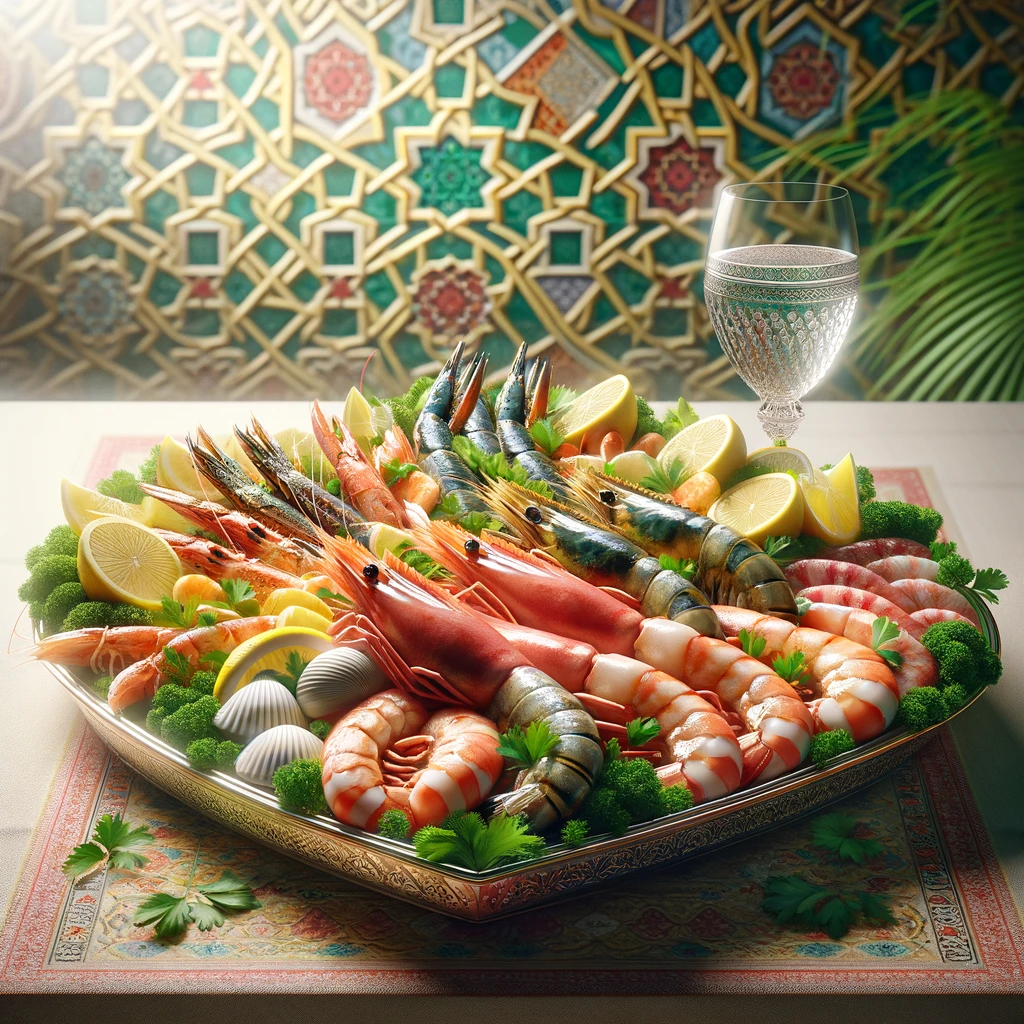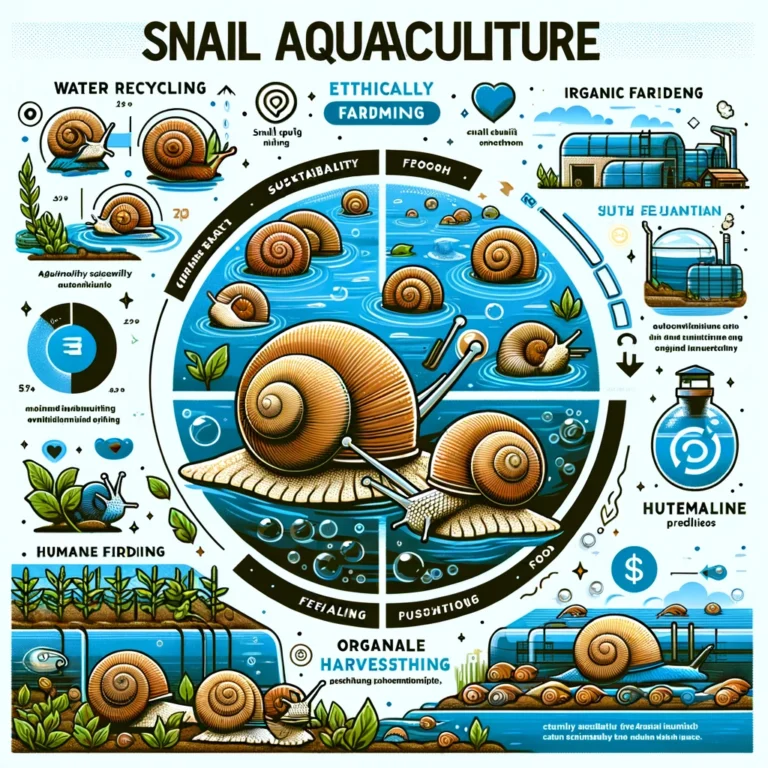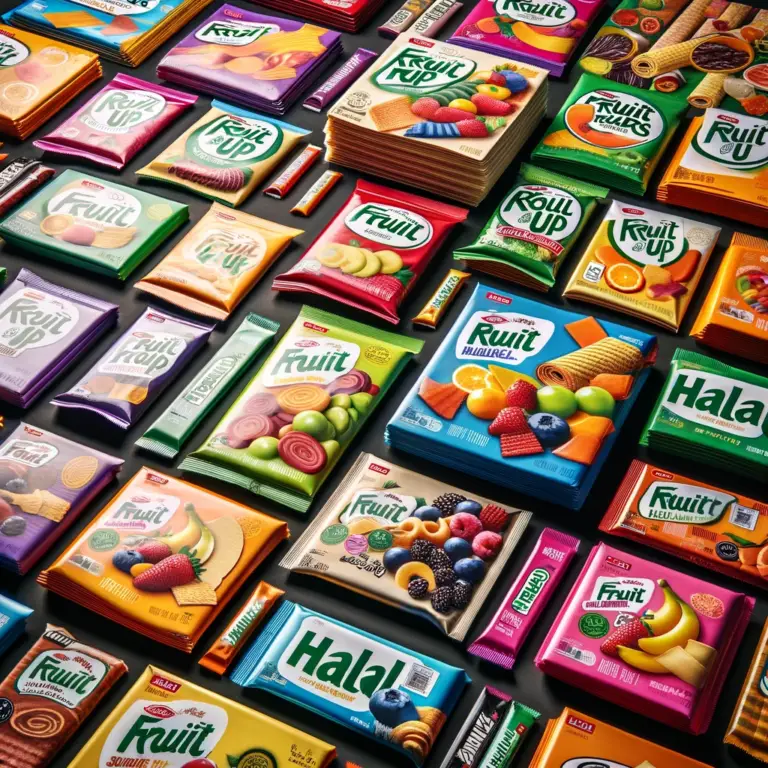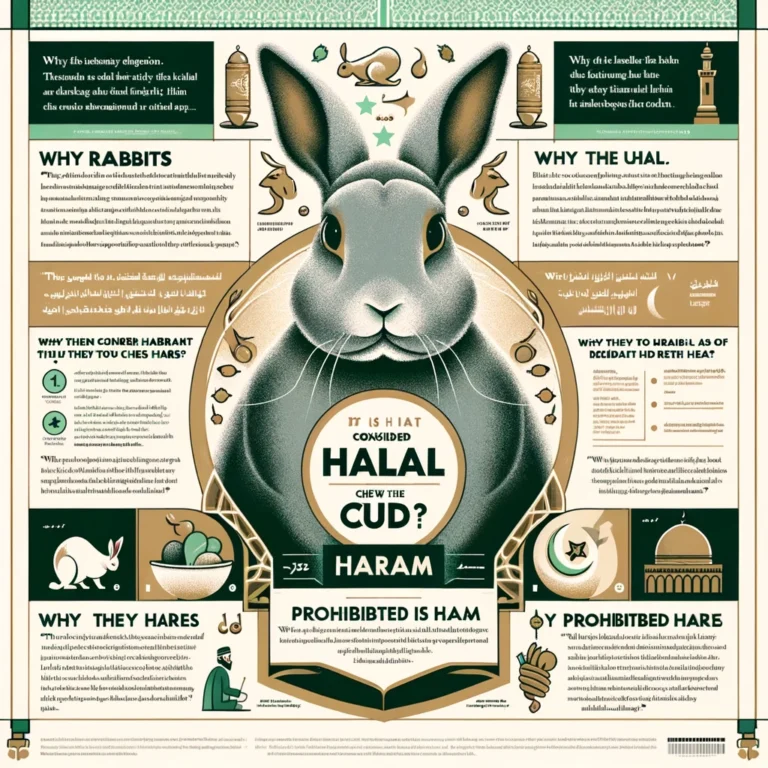Are Shrimps Halal
The question of whether shrimps, a type of shellfish, are halal or fall into the category of haram products is a topic that generates considerable interest and debate among those who follow Islamic dietary laws, including discussions among Hanafi scholars regarding seafood products. This discussion not only touches on religious compliance and halal certification but also delves into the nuances of seafood consumption within Islam, including shellfish, haram products, and Sunni perspectives. To understand this issue fully, it’s crucial to examine the principles laid out in Islamic jurisprudence, including halal certification and Sunni interpretations, regarding what makes certain foods permissible or forbidden according to the holy book. Cultural interpretations, halal certification, and practices around the globe play a significant role in how these dietary guidelines are applied, especially in recipe adaptations. By exploring these aspects, including halal certification and scales, individuals can gain insights into making informed decisions about including shrimp and other shellfish in their diets according to Islamic law and the guidelines set forth by Allah.
Understanding Halal Seafood
Islamic Dietary Laws
Islamic dietary laws, as dictated by Allah, play a crucial role in determining what is permissible (halal), like most shellfish, and what is forbidden (haram) for Muslims to consume. These laws, detailed in the Quran and Hadith and guided by Allah, instruct followers on their food intake, including restrictions on shellfish.
One key aspect of these laws is the specific slaughtering rituals required for animals. The process involves invoking Allah’s name before making a swift cut to the animal’s throat, ensuring minimal suffering. This method ensures that all blood is drained from the carcass since consuming blood is strictly prohibited.
Moreover, these dietary guidelines also ban the consumption of alcohol in any form. Alcohol’s intoxicating effects are considered harmful, thus it’s excluded from halal diets. By adhering to these principles, Muslims ensure their meals comply with their faith’s requirements.
Halal Certification Process
The halal certification process ensures that foods meet Islamic law criteria before they reach Muslim consumers. This involves rigorous inspection of ingredients, processing methods, and handling procedures.
Certifying bodies hold a significant responsibility here. They must thoroughly understand Islamic law to accurately judge if products are halal-compliant. Their endorsement signifies adherence to religious standards throughout production.
A critical part of this process includes preventing cross-contamination with haram substances such as pork or alcohol-based products. Facilities undergo regular checks to maintain purity standards essential for halal certification.
Global Halal Standards
Halal compliance varies significantly across countries due to differing interpretations of Islamic law and local customs. Despite this diversity, there exists a common goal: achieving universal halal standards that can be trusted worldwide.
International organizations have been striving towards standardizing these criteria for years now:
- Development – Drafting uniform guidelines.
- Implementation – Encouraging adoption by various nations.
- Monitoring – Ensuring continuous adherence through inspections and audits.
Consumer trust heavily relies on recognized certification marks when buying seafood or other food items labeled as halal:
- Trust increases with familiar certifications.
- Unknown labels may raise concerns about authenticity.
Criteria for Halal Seafood
Permissible Species
Shrimps and Prawns
Shrimps and prawns are often seen as halal by many Islamic scholars. They must be caught alive, though. If they die naturally or through cooking, it’s okay.
Different scholars might not agree on this. It depends on their school of thought. Some say yes to shrimps being halal; others might hesitate.
For example, in some regions, people eat shrimps without worry. In other places, they double-check with religious leaders first.
Lobsters
Lobsters get mixed reviews from Islamic scholars. Some think lobsters are makruh, which means disliked but not haram. Others believe they’re fine to eat if slaughtered correctly according to Islamic law.
The debate comes because lobsters aren’t fish. They live in water but don’t fit the typical “fish” category that most halal seafood falls under.
Imagine you’re at a market looking at lobsters. One scholar might say it’s okay to buy them; another might advise against it unless certain conditions are met.
Prohibited Species
Not all sea creatures are allowed in Islam. Predatory animals and scavengers in the sea are usually considered haram.
Fish that consume alcohol also fall into the forbidden category—yes, there are such fish!
There’s clear guidance in the Quran about avoiding dead meat that wasn’t properly slaughtered according to Islamic rites.
- Sharks, for instance, prey on other fish and animals.
- Crabs scavenge for their food too.
Both would be examples of marine life typically avoided by those following a halal diet.
Shrimps in Islamic Law
Scholarly Opinions
Islamic scholars have different views on seafood, including shrimps. These differences mainly exist between Sunni and Shia Muslims.
Sunni interpretations are generally more lenient. They often consider all seafood halal without the need for specific slaughtering rituals. This includes shrimps.
Shia Muslims, however, might apply stricter rules. They sometimes require certain sea creatures to be slaughtered in a particular way. But most agree that shrimps are permissible.
Ijtihad, or independent reasoning, has become important in modern times. Scholars use it to interpret ancient texts for today’s context. This method helps address new questions about what is halal or haram.
For example, pollution affects today’s seas differently than in the past. Some scholars use ijtihad to decide if this impacts the halal status of seafood like shrimps.
Shrimp Consumption

Shrimp consumption offers high nutritional value when eaten moderately.
They’re rich in protein and low in calories—a good choice for a healthy diet. However, they can also be high in cholesterol so moderation is key. Eating shrimp can fit into a balanced diet while following Islamic dietary laws.
It’s recommended to check their halal status through reliable certification.
Not all suppliers follow Islamic law closely. Halal certificates ensure that your food meets religious standards. This is especially important when dining out or buying packaged foods.
Common Misconceptions
Halal vs Kosher
Many people mix up halal and kosher food laws. Both of these dietary laws have strict rules. They both say no to pork. But, they differ a lot.
Kosher guidelines are tougher on seafood. They only let fish with fins and scales be eaten. This means many sea creatures don’t make the kosher cut.
Halal is more lenient about seafood. Most types of seafood, including shrimps, are halal. This difference causes confusion for some folks.
It’s key to understand these differences if you’re trying to eat according to religious guidelines.
Poisonous Seafood
Not all seafood is safe or allowed in Islam due to potential harm. Some species can gather toxins that are dangerous for humans. Islamic law cares a lot about preventing harm. Because of this, eating harmful species is haram (forbidden).
Here’s why being careful matters:
- Some fish might look okay but carry toxins.
- Not all regions have the same safety standards for seafood.
- Being informed helps avoid health risks from bad choices.
Consumers should learn which species are safe and which aren’t. This knowledge keeps them away from harmful foods while following Islamic law.
Seafood Allergies
Identifying Allergens
Shellfish, including shrimps, rank among the top allergens. Many people experience allergic reactions to them. It’s crucial for individuals with allergies to identify these potential dangers in their food.
Proper labeling is a key tool in this battle. Food labels can tell you if there’s shellfish inside. This helps those who are allergic avoid health risks.
Islamic law also plays a role here. It advises Muslims to stay away from foods that could harm them. This includes allergenic seafood like shrimps for those who are sensitive.
Safe Consumption Practices
Eating seafood safely is very important. Cooking it thoroughly kills off harmful pathogens that might be lurking inside.
Experts often remind us to follow local health guidelines when eating seafood. These rules help keep us safe from foodborne illnesses.
Mercury levels can be high in larger fish, posing another risk. Being aware of which fish have more mercury helps people make healthier choices about what they eat.
Aquaculture Practices
Farmed Seafood – Environmental Impact and Feed Quality
Farmed seafood production is growing fast. It helps meet global demand for fish. Yet, it raises questions about halal status.
The environment where seafood grows matters a lot. Clean water without harmful chemicals is crucial. Polluted environments can affect the health of sea creatures.
Feed quality also plays a big role in halal certification. Fish feed should not contain any haram (forbidden) ingredients like pork by-products. This ensures the purity of farmed seafood from an Islamic perspective.
Islamic principles stress on ethical treatment in farming practices too. Animals must be cared for well and not harmed unnecessarily.
Preference among Muslims often leans towards naturally raised over artificially enhanced seafood due to these reasons.
Impact on Halal Status
Several factors can impact whether shrimp or other seafood remains halal.
Contamination with haram substances during processing is a major concern. Even small traces can render the entire product non-halal.
The use of alcohol-based preservatives or flavorings is another issue that affects halal integrity. Such additives are strictly prohibited in Islam.
Strict segregation from haram products must be maintained at all times during production to ensure halality.
- Cross-contamination with non-halal items must be avoided.
- Equipment used for processing should be dedicated solely to halal products or thoroughly cleaned if used for both types.
- Workers handling the food need to understand and respect these rules as well.
This level of diligence ensures that Muslim consumers receive genuinely halal products, aligning with their dietary laws.
Preparing Halal Seafood Dishes
Following aquaculture practices, the preparation of seafood in a manner that adheres to Islamic dietary laws is crucial for Muslims. This segment delves into the specifics of cooking techniques and measures to avoid cross-contamination, ensuring that dishes not only comply with halal standards but also retain their nutritional value and taste.
Cooking Techniques
Selecting the right cooking techniques is essential when preparing halal seafood dishes. Grilling, boiling, and baking are preferred methods. These methods ensure purity by avoiding direct contact with harmful substances and preserving the health benefits of seafood.
Grilling imparts a smoky flavor to shrimp while keeping it tender. It requires minimal oil, making it a healthy choice. Boiling is another simple method that ensures thorough cooking without adding fats or oils. Baking allows for creativity with spices and herbs without losing nutritional content.
The use of alcohol or lard in meal preparation contradicts halal dietary laws. Hence, these ingredients must be strictly avoided to maintain compliance with Islamic principles.
Utensils play an unnoticed yet critical role in halal food preparation. Any equipment previously used with non-halal foods must undergo rigorous cleansing according to Islamic law before being used for cooking halal dishes.
Avoiding Cross-Contamination
Cross-contamination between halal and non-halal foods can compromise the religious sanctity of a dish unintentionally. Therefore, employing separate cookware for halal ingredients is highly recommended.
In shared kitchens or restaurants where both types of food are prepared, vigilance becomes paramount. Chefs need to ensure strict separation during storage, preparation, and cooking phases to preserve the integrity of halal meals.
Storage plays a key role in preventing accidental mixing. Using distinct areas or containers labeled explicitly for halal ingredients helps eliminate confusion and safeguards against potential contamination.
Understanding these nuances highlights how meticulous one has to be while preparing seafood within Islamic dietary guidelines. Adhering strictly not only respects religious obligations but also contributes towards healthier eating habits through mindful selection of ingredients and preparation methods.
By embracing these practices diligently, Muslims can enjoy diverse seafood cuisines without compromising their faith’s dietary restrictions, allowing them culinary exploration within defined boundaries.
The Halal Supply Chain
Sourcing Halal Seafood
Buying halal seafood involves more than just picking any fish from the market. It starts with where and how you source it. Certified halal suppliers are crucial for ensuring that the seafood complies with dietary laws. These suppliers adhere to strict guidelines that avoid haram products in every step of the global supply chain.
Local Muslim communities can be invaluable in finding trusted vendors. They often share information about where to buy halal products based on their experiences and knowledge. This word-of-mouth method helps many people access food that meets their religious requirements.
Online platforms have become a significant resource for verified halal seafood options too. With technology, these platforms offer a wide variety of choices right at your fingertips, complete with certification details for consumer assurance.
- Look out for certified suppliers.
- Engage local Muslim community for recommendations.
- Explore online platforms offering verified options.
Each source has its advantages, but they all aim at providing halal compliant seafood to meet dietary needs.
Certification and Labeling
Understanding labels is key when buying halal seafood. Recognized certification marks on packaging give assurance about the product’s compliance with Islamic dietary laws. These certifications mean that an authoritative body has inspected and approved the processes involved in handling and processing the seafood.
However, mislabeling issues highlight a need for consumer vigilance. Not all products labeled as “halal” may truly meet the criteria due to lack of regulation or intentional deceit by some sellers aiming to tap into the growing demand without adhering to standards.
This situation underscores an essential aspect – education on credible certifications is necessary so consumers can make informed decisions when purchasing seafood or any other food items claiming halan status.
The good news is, as demand grows, so does availability of clearly labeled halal products including:
- Frozen packages in supermarkets,
- Fresh selections at local fish markets,
- Specialty items available through online retailers,
All showing recognized certification marks which ease consumer concerns over compliance with their dietary restrictions.
Closing Thoughts
The exploration of halal seafood, with a focus on shrimps, reveals a complex interplay of religious law, dietary health, and sustainable practices. Understanding the criteria for halal seafood, as outlined in Islamic law, is crucial for Muslims striving to adhere to their faith’s dietary rules. The discussion extends beyond the religious texts to address common misconceptions, the importance of managing seafood allergies, and the ethical considerations in aquaculture practices. Preparing halal seafood dishes and ensuring a compliant halal supply chain are essential steps in maintaining dietary faithfulness. This article serves as a comprehensive guide for those seeking to navigate the intricacies of halal seafood consumption, particularly shrimps, within the framework of Islamic dietary laws.
For further insights into halal dietary practices and how they intersect with modern culinary trends and health guidelines, readers are encouraged to continue exploring this vital aspect of Islamic culture.
Frequently Asked Questions
Are shrimps considered halal?
Yes, shrimps are generally considered halal and permissible for consumption in Islam. They fall under the category of seafood which is allowed.
What criteria make seafood halal?
Seafood becomes halal if it is caught alive or dies in water naturally. The handling and processing must also meet Islamic dietary laws.
How does Islamic law view shrimps?
Islamic law views shrimps as permissible (halal) due to their classification as sea creatures that do not cause harm when consumed.
What are common misconceptions about halal seafood?
A common misconception is that all seafood is automatically halal. However, certain aquatic animals may be considered haram if they pose a health risk or die out of water before being caught.
Can people with seafood allergies eat halal shrimp dishes?
Individuals with seafood allergies should avoid shrimp dishes, regardless of their preparation according to halal standards, due to health risks associated with allergic reactions.
How do aquaculture practices affect the halality of shrimp?
Aquaculture practices must adhere to humane treatment and feeding guidelines consistent with Islamic principles for the resulting shrimp product to be considered truly halal.
Is there a specific way to prepare shrimp and other shellfish dishes for them to remain Halal, avoiding haram products and ensuring the seafood products are fresh?
Shrimp dishes must be prepared using utensils and cookware free from contamination by non-halal substances, including alcohol and pork products, ensuring adherence to Halah dietary laws.








